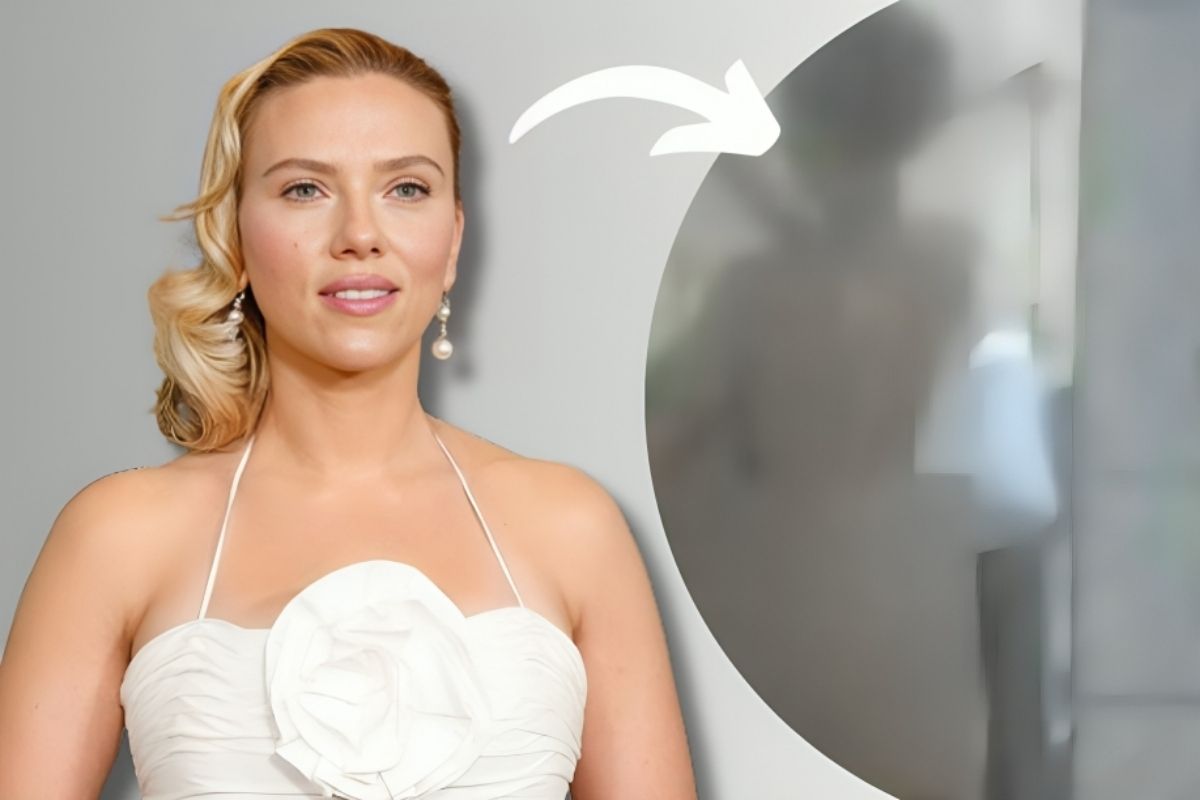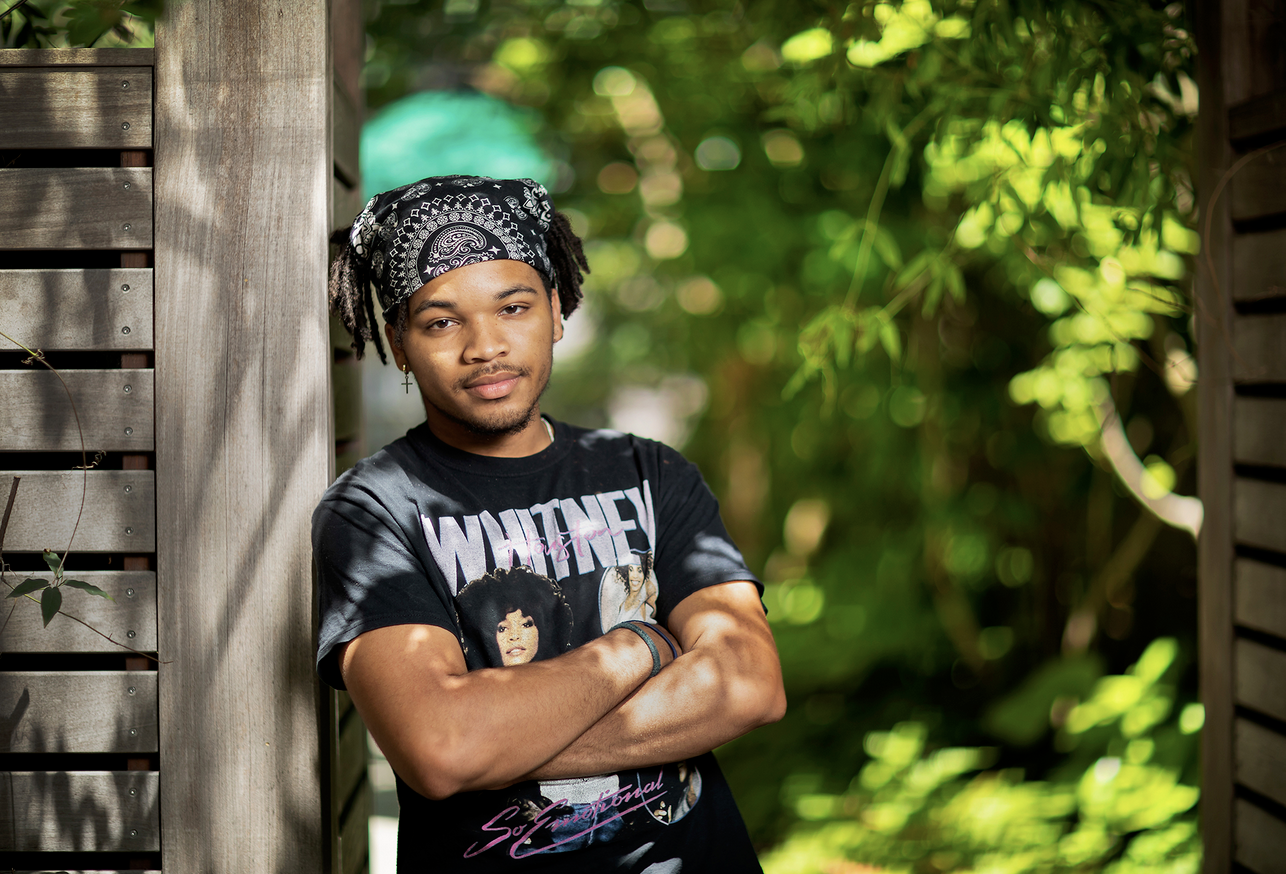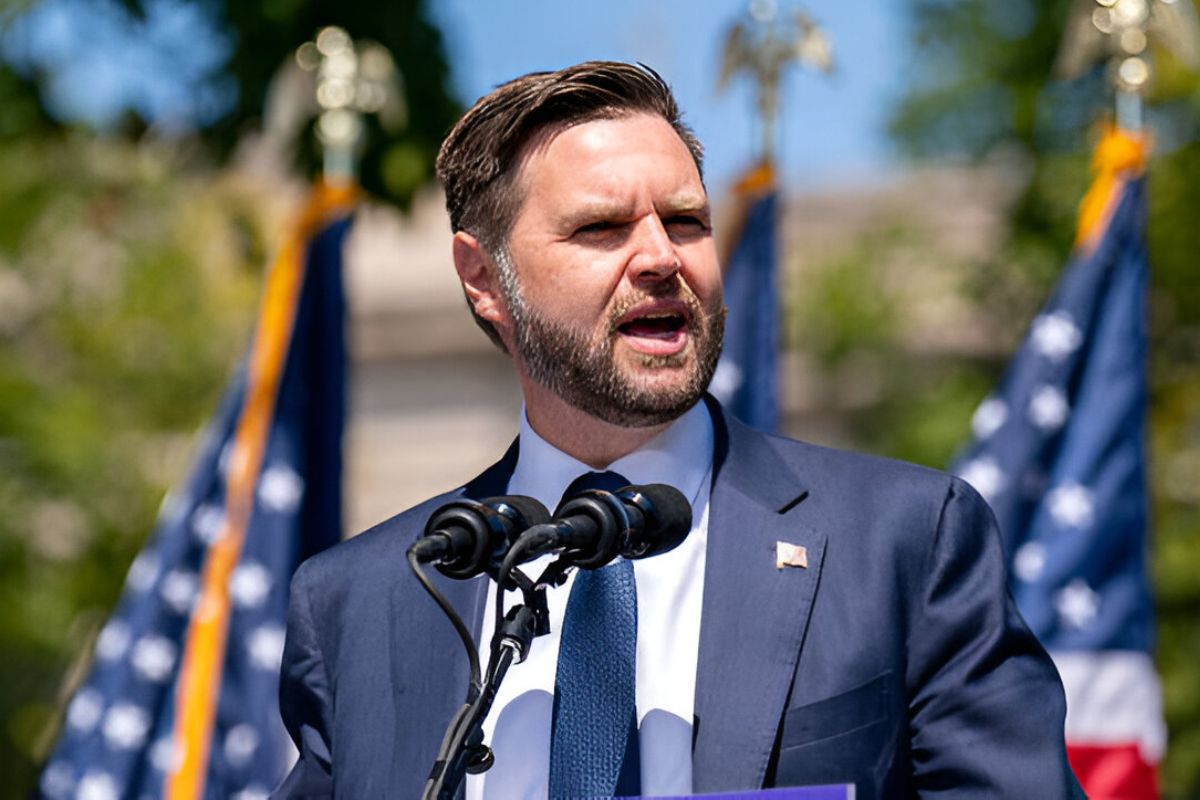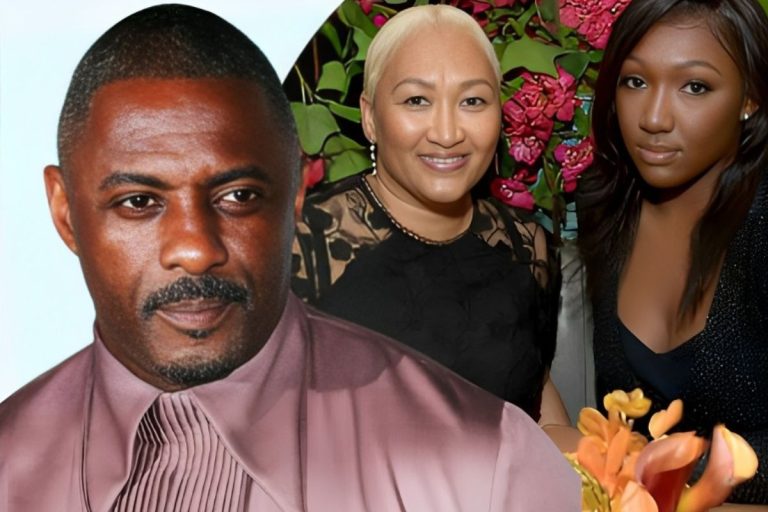In the age of digital dominance, privacy for celebrities, especially those constantly under the public eye, is a fragile concept. In 2011, Scarlett Johansson, a rising Hollywood A-lister, became an unwilling participant in a controversy that exposed the harsh reality of cyber intrusion and the emotional toll of leaked private photos.
Privacy is a fundamental right for everyone, including celebrities who often find themselves under relentless scrutiny. The Scarlett Johansson leaked photos controversy serves as a stark reminder of the challenges celebrities face in maintaining their privacy in the digital era.
The Breach: How the Photos Became Public

The breach of Scarlett Johansson’s privacy occurred when her phone was compromised, leading to the unauthorized access and distribution of private photos. These photos, some of which were intended for her then-husband, Ryan Reynolds, quickly found their way onto various online platforms, sparking widespread distress for the actress.
A Violation of Privacy: Johansson Fights Back
In response to the breach, Scarlett Johansson took legal action against websites publishing the leaked photos, asserting her copyright and right to privacy. She vocalized her outrage in interviews, emphasizing that celebrities are entitled to the same level of privacy as anyone else, and that the invasion of her personal life felt unjust and wrong.
Beyond the Photos: The Emotional Impact
The emotional impact of the leaked photos on Scarlett Johansson was profound. Describing the experience as devastating and shocking, Johansson’s vulnerability and lack of control over her own images highlighted the lasting emotional consequences of cyber intrusion, particularly for those in the public eye.
The Hacker’s Fate: Justice Served?
Christopher Chaney, the hacker responsible for the breach, faced legal consequences for his actions. However, questions lingered about whether his sentencing adequately addressed the violation of privacy experienced by Johansson and other victims. Despite his imprisonment, the psychological impact of such breaches can be long-lasting.
The Enduring Legacy: A Conversation on Consent and Respect
The controversy surrounding Scarlett Johansson’s leaked photos initiated important discussions about consent, respect, and the ownership of personal images in the digital age. Johansson’s outspoken stance helped shift the narrative, emphasizing that celebrities are not public property and deserve respect for their private lives.
The Landscape Today: Has Anything Changed?
While progress has been made in the conversation around celebrity privacy and online safety, challenges persist. Social media platforms face mounting pressure to implement stricter regulations and better protect user privacy. The ongoing fight against online harassment and non-consensual sharing of private images underscores the need for continued vigilance and advocacy.
Looking Ahead: Protecting Privacy in a Digital World
The Scarlett Johansson leaked photos controversy serves as a reminder of the vulnerability individuals face in the digital age. By prioritizing online safety measures, promoting open conversations about consent, and advocating for stricter regulations, we can work towards creating a digital space that is more respectful and secure for everyone.
FAQs (Frequently Asked Questions)
1. Can celebrities really expect privacy in the digital age?
Yes, celebrities have the same right to privacy as anyone else. While they may be public figures, their personal lives should still be respected.
2. How can individuals protect their privacy online?
Individuals can protect their privacy online by using strong passwords, enabling two-factor authentication, being cautious about sharing personal information, and regularly reviewing privacy settings on social media platforms.
3. What legal actions can be taken against those who share private images without consent?
Sharing private images without consent may constitute a violation of privacy laws and copyright infringement. Legal actions can include cease-and-desist orders, civil lawsuits, and criminal charges depending on the severity of the breach.
4. Are social media platforms doing enough to protect user privacy?
Social media platforms have made strides in enhancing user privacy protections, but there is still room for improvement. Stricter content moderation policies and better enforcement of community guidelines are necessary to combat online harassment and the spread of non-consensual content.
5. How can we create a more respectful and secure digital space?
Creating a more respectful and secure digital space requires collective efforts from individuals, organizations, and policymakers. This includes promoting digital literacy, advocating for stronger privacy regulations, and fostering a culture of respect and consent online.








